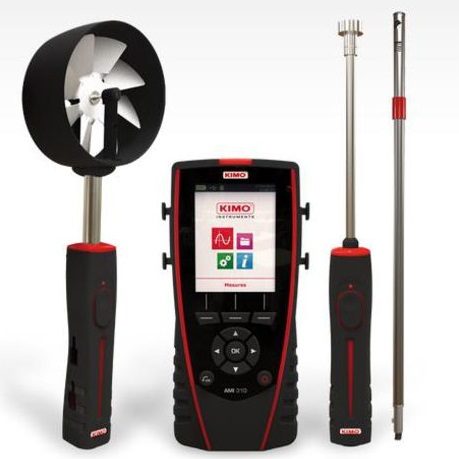Base and applied physics trainings
Syllabus
This HVAC course series delves deep into essential physics topics: flow rates, temperature, pressure, energy, power, enthalpy, and vapor calculations. Learn the physical theory of the founding themes of hot water heating, air conditioning, and refrigeration systems. Elevate your knowledge on Base and Applied Physics with this attainable online training.
Students and professionals these online courses provide you a comprehensive foundation in HVAC
Consolidate your knowledge to improve your skills in flow rates, temperature control, pressure, energy, power, and more. You will master essential principles for efficient HVAC design and operation, including hot water heating, air conditioning, and refrigeration systems.
Pre-requisites
Familiarize yourself with the Physics theme by consulting the following free lessons (but the topics are not mandatory for the start of your apprenticeship) :
- Understanding Flow Rates: Mastery of volume and mass flow rates, critical for designing efficient HVAC systems.
- Water and Air Flow Calculations: Proficiency in calculating water and air flow rates, a fundamental skill for system design and maintenance.
- Energy & Heat Principles: Grasping the concepts of energy and heat transfer, essential for efficient HVAC operation.
- Enthalpy & Vapor Quantities: Understanding enthalpy in different HVAC processes and calculating vapor quantities for system optimization.
- Air Conditioning Fundamentals: Gaining knowledge of air conditioning systems and their components.
- Refrigeration System Basics: Understanding the fundamentals of refrigeration machines, vital in many HVAC applications.



